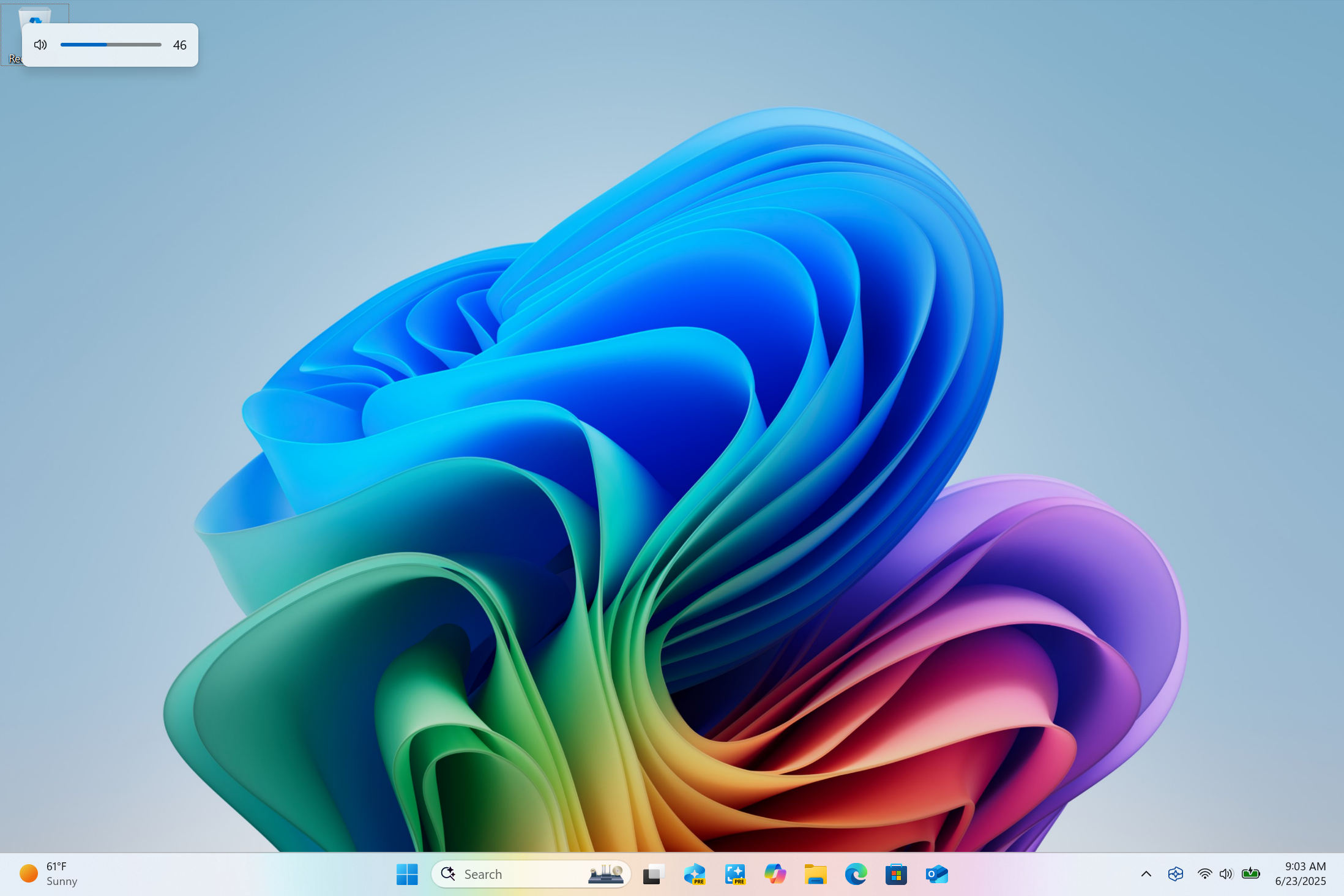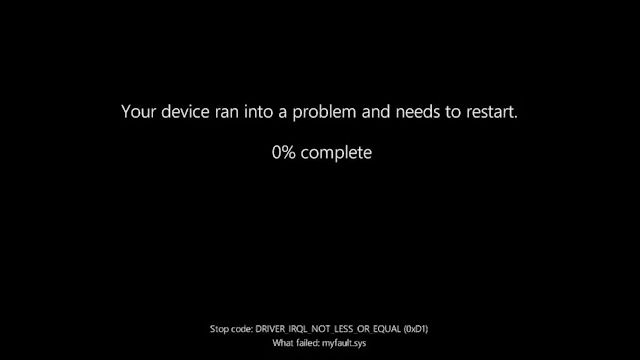Microsoft is awfully proud of its latest version of Windows, as it claims it’s now less prone to failure. This would make for a pleasant change, as the first few months with the software were not great, to put it lightly.
As noted in the Microsoft blog, “We’re also proud to share that Windows 11 24H2 is our most reliable version of Windows yet. Compared to Windows 10 22H2, failure rates for unexpected restarts have dropped by 24%.” The data was sourced from Reliability telemetry collected by Microsoft in July 2025.
It goes on to say, “These improvements reflect deep collaboration across engineering, design, and user research teams and a commitment to making Windows more resilient for everyone.”
Ever since the 24H2 update launched in October of last year, it feels like we’ve been inundated with reports of issues. In October, 24H2 left an undeletable 8.63 GB update cache for some users. In that same month, some Western Digital SSD owners ran into constant blue screens. By December, the OS was reported to crash games due to Auto HDR, cause audio device problems, and lead to stuttering.
Then, in January, some Ubisoft games refused to play nice with 24H2. The temporary solution to this Ubisoft problem was blocking the Windows 11 update for PCs with Ubisoft games installed.

Considering the software got rid of Cortana, WordPad, Steps Recorder, and was the recommended OS as Windows 10 end-of-life support was confirmed, I think it’s fair to say 24H2 has left a bad taste in some users’ mouths.
If 24H2, up until now, were a beta that users could sign up to, these problems would be more understandable, but this is the version of Windows you will get if you just leave auto update on. This meant that, throughout the last year, there were multiple times when updating could potentially cause you to receive a worse Windows experience.
On a more positive note, we haven’t spotted any major problems with 24H2 in the last few months, though whether or not we think it’s the ‘most reliable version ever’ will require a little more time with it.
As part of this, Microsoft officially announced the iconic blue screen would be changing, after reports indicating as much earlier this year. Microsoft claims its changes to the blue (now black) screen, including new quick machine recovery, “reduced the time users spend on the screen from 40 seconds to just 2 seconds for most consumer devices.” Joining the latest build of Windows 11 will get you access to this and more.
We can only hope that, in time, 24H2 proves to be as stable as Microsoft claims.
